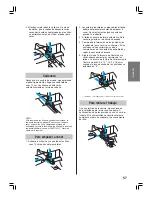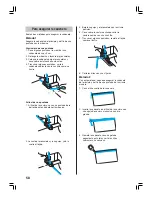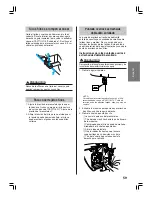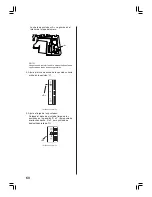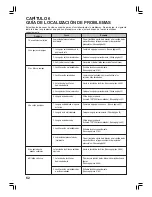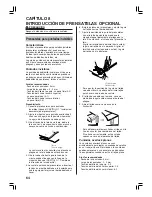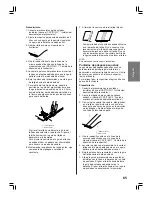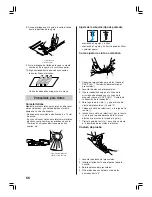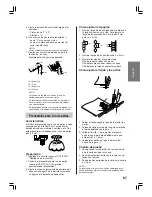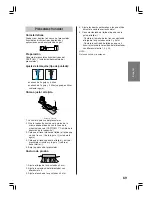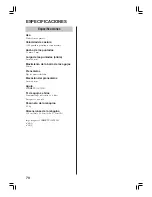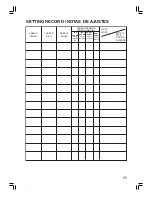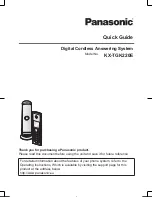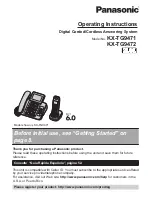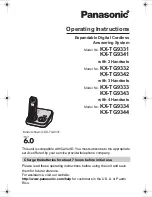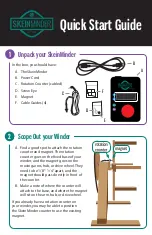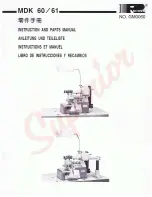
68
Prensatelas para ribeteados
Características
Al utilizar el prensatelas para ribeteados, puede
ribetear el borde del tejido. El ribeteado es útil
para decorar los bordes de pijamas o ropa
deportiva, tapetes para muebles, cojines, bolsas,
etc.
LP
Preparación
Conecte el prensatelas para ribeteados (véase el
CAPÍTULO 1 “Instalación/desmontaje del
prensatelas”).
Ajuste de la máquina (tipo de
puntada):
- overlock de 2 agujas y 4 hilos
- overlock de 1 aguja y 3 hilos (se debe quitar la
aguja de la derecha)
Cómo ajustar la máquina
1. Ajuste el largo de las puntadas a 3 mm.
(posición estándar)
2. Ajuste el ancho de las puntadas de 5 a 6 mm
3. Ajuste la tensión de los hilos para puntadas
overlock normales (véase el CAPÍTULO 5
“Selección de las distintas puntadas”).
5 ~ 6mm
3mm
5 ~ 6mm
3mm
Cómo ajustar el tejido y la cinta de
ribetear
<A>
3cm
1
Superficie
2
Revés
1. Coloque la cinta de ribetear entre 2 trozos de
tejido y ajuste los dos bordes como se ilustra.
Mantenga 3 cm de cinta de ribetear sobre el
borde del tejido para coser de forma continua.
(La superficie del tejido debe quedar en el
interior.)
2. Coloque el tejido con cinta de ribetear bajo el
prensatelas, coloque la cinta de ribetear en el
canal <A> del prensatelas y empiece a coser.
Empiece a coser
1. Guíe el tejido y la cinta de ribetear con la mano
uniformemente durante la costura.
2. Gire ambos lados del tejido después de coser.
NOTA:
Para una costura fácil, hilvane el tejido y la cinta de
ribetear antes de coser.
El ribeteado en ángulo es difícil.
Si la cinta de ribetear es ancha, debe coserla cortando la
parte sobrante.




